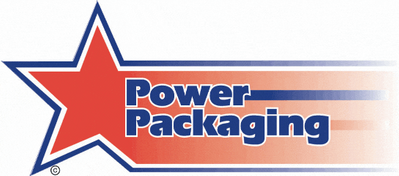
What is Polypropylene Strapping?
Polypropylene strapping is a lightweight, strong plastic material used to secure loads for shipping and transport. Made from tough polypropylene polymer, it offers strength, durability, and flexibility in a range of widths, thicknesses, and colours for various applications.
Benefits of Polypropylene Strapping
- Lightweight & Strong: Secure even heavy loads with minimal added weight.
- Durable: Resistant to chemicals, abrasion, and UV rays for long-term use.
- Flexible: Easily wraps around loads of different shapes and sizes.
- Economical: A cost-effective solution for securing loads.
Difference Between Polypropylene and Polyester Strapping
Polypropylene and polyester are both types of plastic strapping, but they have key differences. Polypropylene is more flexible and less expensive, while polyester is stronger and retains tension better over time.
What Can I Use Instead of Polypropylene Strapping?
- Steel Strapping: Stronger and more UV-resistant than polypropylene, but heavier, less safe, and usually more expensive per metre.
- PET Strapping: Stronger and more durable than polypropylene, but tooling setup costs are higher.
- Composite Strapping: Made from polyester fibres coated with polypropylene for added strength and flexibility—combining durability with cost-effectiveness.
Polypropylene strapping is a versatile and cost-effective material for a variety of packaging applications. Lightweight, strong, durable, flexible, and affordable—it’s a reliable choice for securing your loads.
Frequently Asked Questions
- What are the benefits of polypropylene strap?
- Lightweight and strong
- Easy to get started
- Durable
- Flexible
- Economical
- What is the difference between polyester and polypropylene strapping?
- Polypropylene is more flexible and less expensive; polyester is stronger and retains tension better over time.
- What can I use instead of polypropylene strapping?
